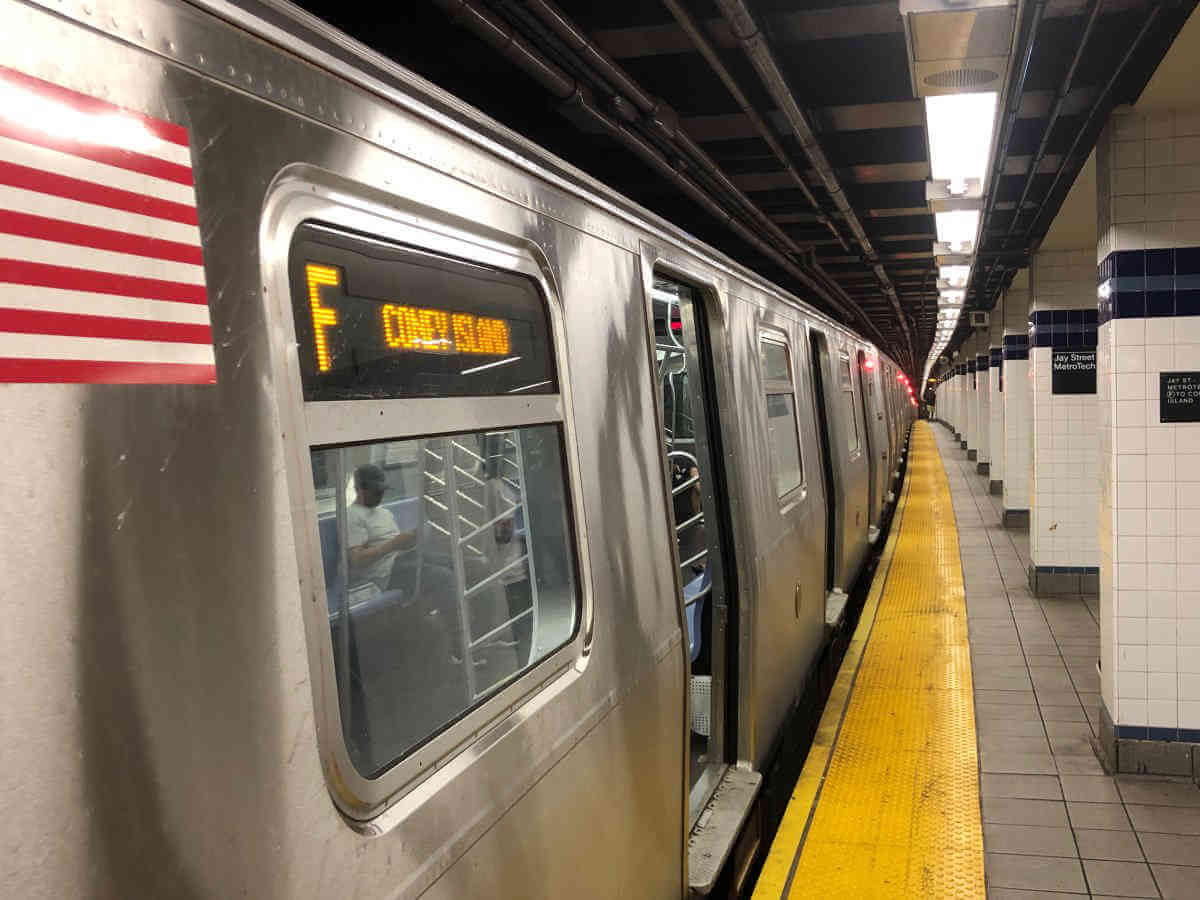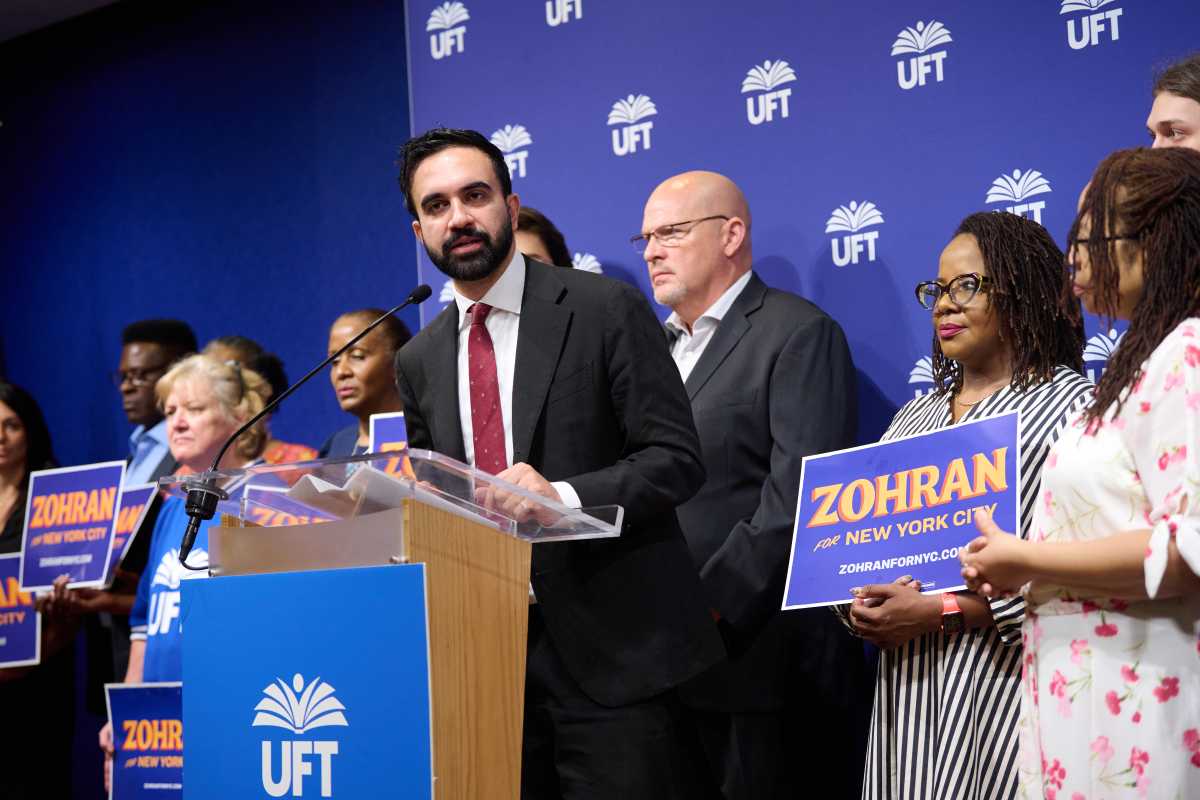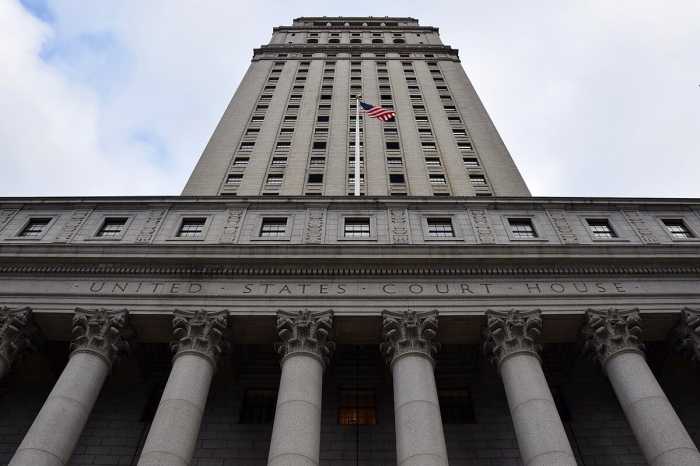Gov. Kathy Hochul is signing a bill today forcing the Metropolitan Transportation Authority to produce reports each year detailing its efforts to reduce noise across their system — which comes after a Coney Island condo complex made some noise about the nearby subway’s impact on their quality of life.
“Public transit should enhance New Yorkers’ quality of life, not disturb it,” Hochul said. “This legislation will ensure New York City Transit is prioritizing communities’ concerns as our subways roar back to life and New York’s comeback continues.”
Coney Island Assemblymember Mathylde Frontus introduced the “Stop the Noise” bill in March to aid constituents at Brightwater Towers Condominiums, who have been disturbed by noise from the elevated F- and Q-lines as they are adjacent to the W. Eighth Street subway station. Residents had formed the “Stop the Noise Initiative Group” with the mission to permanently decrease train noise for all impacted New Yorkers.
“Thank you to the residents of Brightwater Towers who rightfully made a lot of noise of their own and brought this to my attention, to my colleagues in Albany for recognizing the need for more oversight of this issue, and to Gov. Hochul for signing it into law,” Frontus, who also represents Bay Ridge and Bath Beach said in a statement. “This will help bring a bit of quiet to our city and help neighbors and trains coexist peacefully.”
While the residents of the Surf Avenue condos also live with the noise of the Q-train, they told Brooklyn Paper the F-train is noisier because of the 90-degree turn it makes next to their homes — resulting in a high-pitched screeching sound that forces them to live with their windows shut, even during periods of heat.
“You can hear the squealing noise of brakes against metal,” said Angela Kravtchenko, a resident of the towers. “Imagine two trains coming back and forth, all the windows are closed during the summer.”
The noise abatement reports will now require the New York City Transit Authority, a subsidiary of the MTA focusing that manages the subway system, to detail what projects or steps they have taken towards decreasing noise that year, and what plans they have for the coming year, according to the bill’s text.
“Among the many responsibilities of the MTA there is an essential cornerstone, being a good neighbor,” State Sen. Leroy Comrie, the bill’s co-sponsor who represents in neighboring Queens, said in a statement. “This noise abatement reporting legislation will accomplish two things–first, letting New Yorkers and legislative leaders know what steps the authority takes on a year-to-year basis to mitigate impacts and second, providing a transparent record of when and where resources are being or will be deployed.”
The legislation adds language to the Rapid Transit Noise Code passed into law in 1982, which resulted in a slew of initiatives to reduce noise such as train car screeching and rail clacking, and will reaffirm that the train authority must prioritize noise as a problem across its system.
The Stop the Noise Initiative Group applauded the passage of the legislation but vowed they will continue to fight for all New Yorkers on this issue, as it doesn’t only affect them.
“The residents of our building are very grateful to Mathylde Frontus’ effort to pass that bill and this work for our residents,” said Lolita Divilova. “This problem is systemwide, it’s not only our area. So we hope we can find solutions for our area, and we can be experimental that can then help other parts of New York.”























